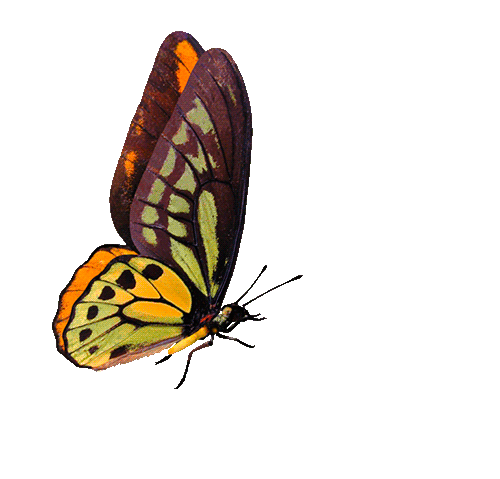top of page

Name
Artemisia
Latin
Artemisia
Secret Meaning
Absence

Alternative Names:
Wormwood, Mary's Tree, Green Ginger, Old Woman
Facts & Folkore:
Also known as wormwood, mugwort, absinthium, absinthe wormwood, bitter wormwood, green ginger, Mary's Tree, and old woman, the name "artemisia" derives from the Greek goddess Artemis.
Wormwood is one of the herbs associated with Christmas and Virgin Mary and often appears in "Mary Gardens," gardens cultivated especially for the herbs and flowers associated with Mary in folklore, legend, and liturgical literature. The name of Greek Orthodox monastery, Panagia Apsinthiotissa, located at the southern foot of the Pentadaktylos range of the Republic of Cyprus, refers to Panagia, the Orthodox name for the Virgin Mary. According to a local legend, the monastery was named after a wormwood bush that covered the mouth of the cave in which a monk had hidden an icon of the Virgin Mary in order to save it during the period of Byzantine Iconoclasm. It'Many years later, after the restoration of images, the inhabitants of the area saw a strange light shining from this point on the mountain. They found the icon and built a monastery immediately below in the name of the Virgin and the wormwood bush.
The scientific name Artemisia absinthium stems from the plant’s association with the virgin Greek goddess Artemis, who held this and other species of Artemisia sacred, while the common name wormwood refers to the historic use of this plant as a cure for intestinal worms.
Knowledge of wormwood and its psychoactive properties may be traced back to ancient times. The deep green bitter Absinthe is a strong alcoholic liquor made from a species of wormwood (Artemisia absinthium) and many other herbs. Absinthe was very popular with 19th-century intellectuals, poets, and artists such as Degas, Picasso, Oscar Wilde, Vincent Van Gogh, Hemingway and many others. Absinthe has often been portrayed as a dangerously addictive psychoactive drug and hallucinogen.[9] The chemical compound thujone, which is present in the spirit in trace amounts, was blamed for its alleged harmful effects. By 1915, absinthe had been banned in the United States and in much of Europe, including France, the Netherlands, Belgium, Switzerland, and Austria–Hungary, yet it has not been demonstrated to be any more dangerous than ordinary spirits. Recent studies have shown that absinthe's psychoactive properties have been exaggerated, apart from that of the alcohol.
Many species of artemisia have significant medical properties - In 2015, the Nobel Prize in Medicine was awarded to Youyou Tu, for her novel discovery of Artemisinin, which as significantly reduced the mortality rates for patients suffering from Malaria and other blood parasites.
Wormwood is mentioned seven times in the Old Testament, always with the implication of bitterness or the consequences of sin. In Shakespeare's Hamlet, the titular character says "Wormwood, wormwood" to comment on the bitter implications of the Player Queen's lines.
Click or hover over image.


bottom of page



